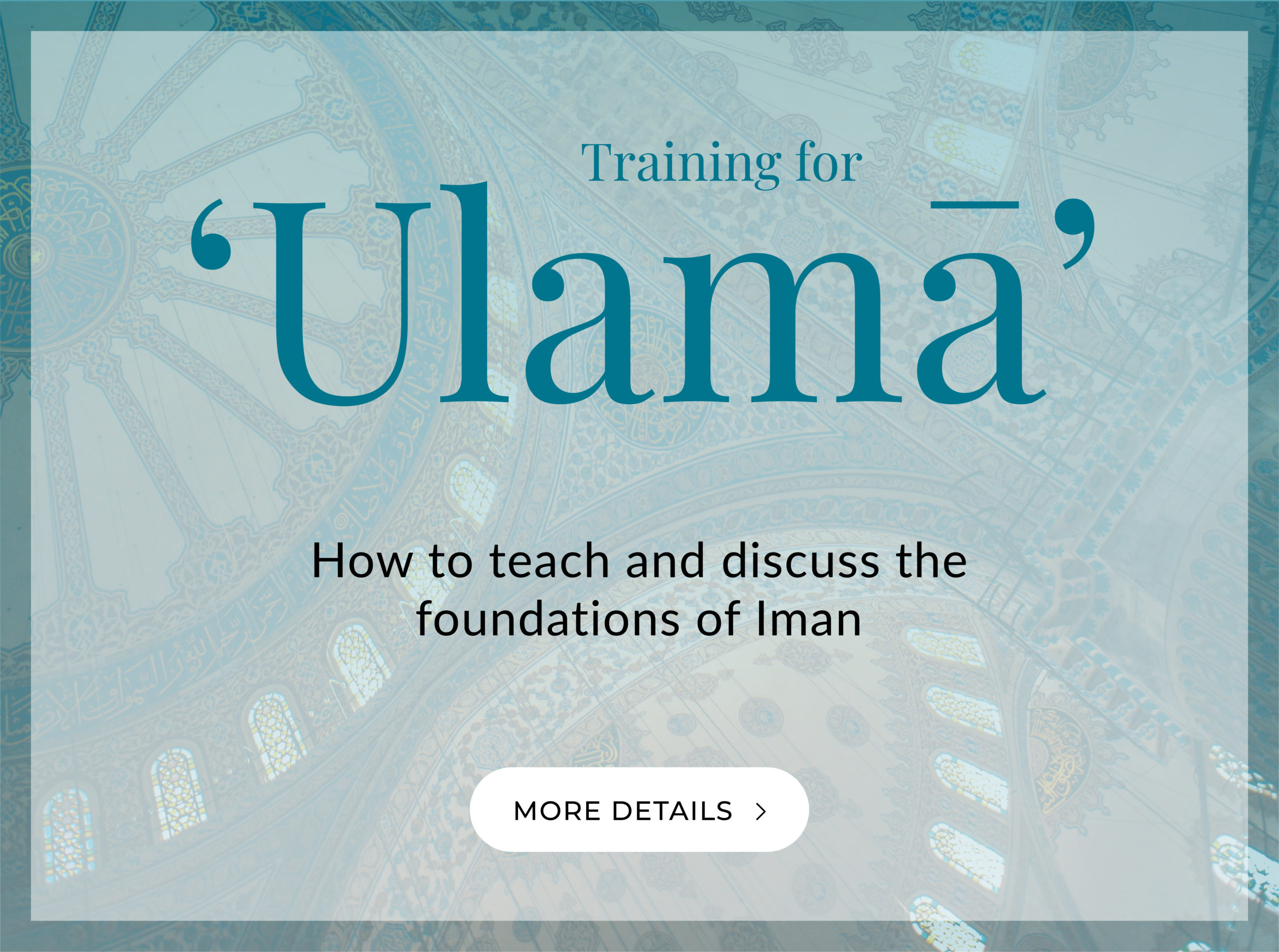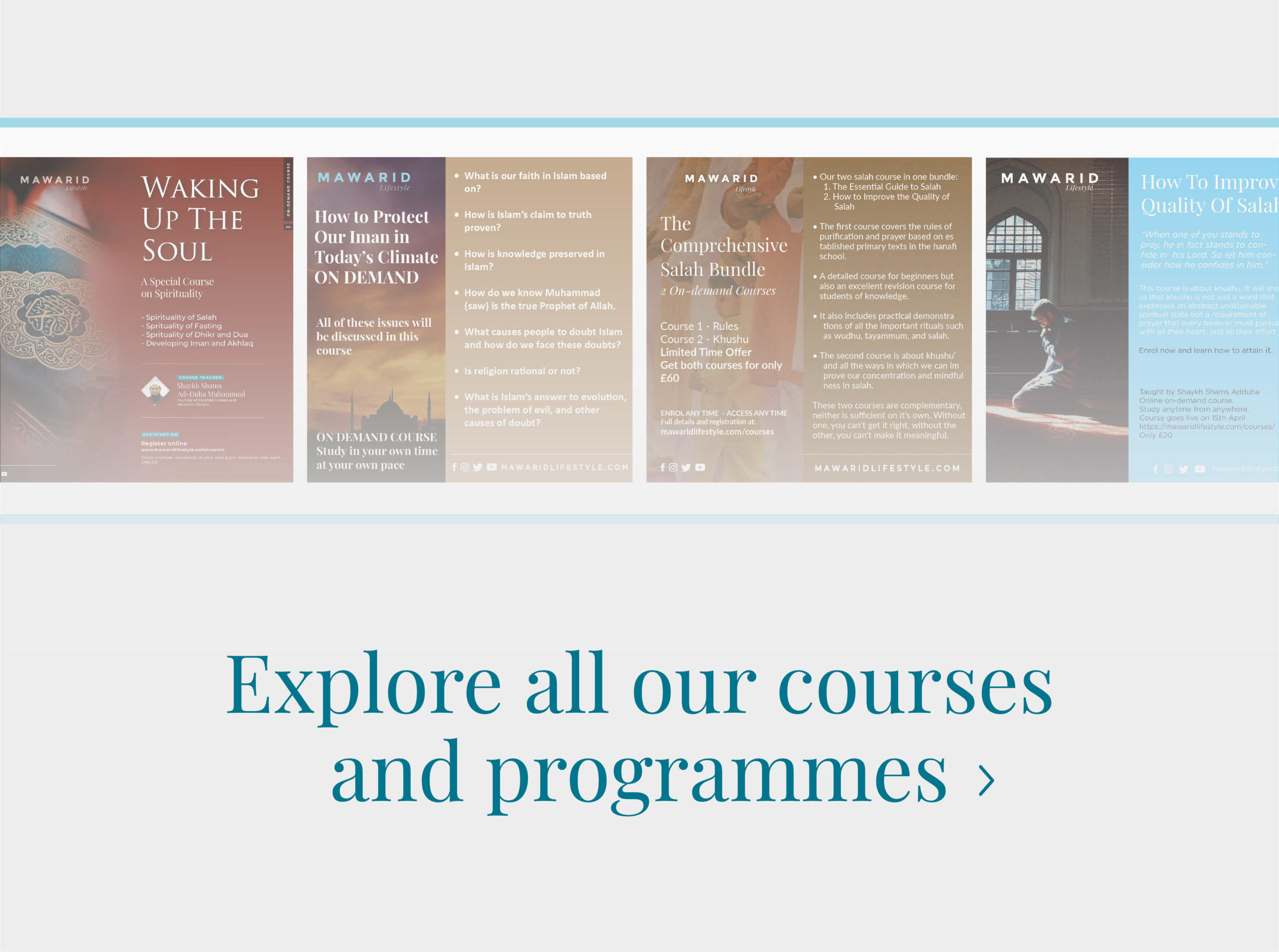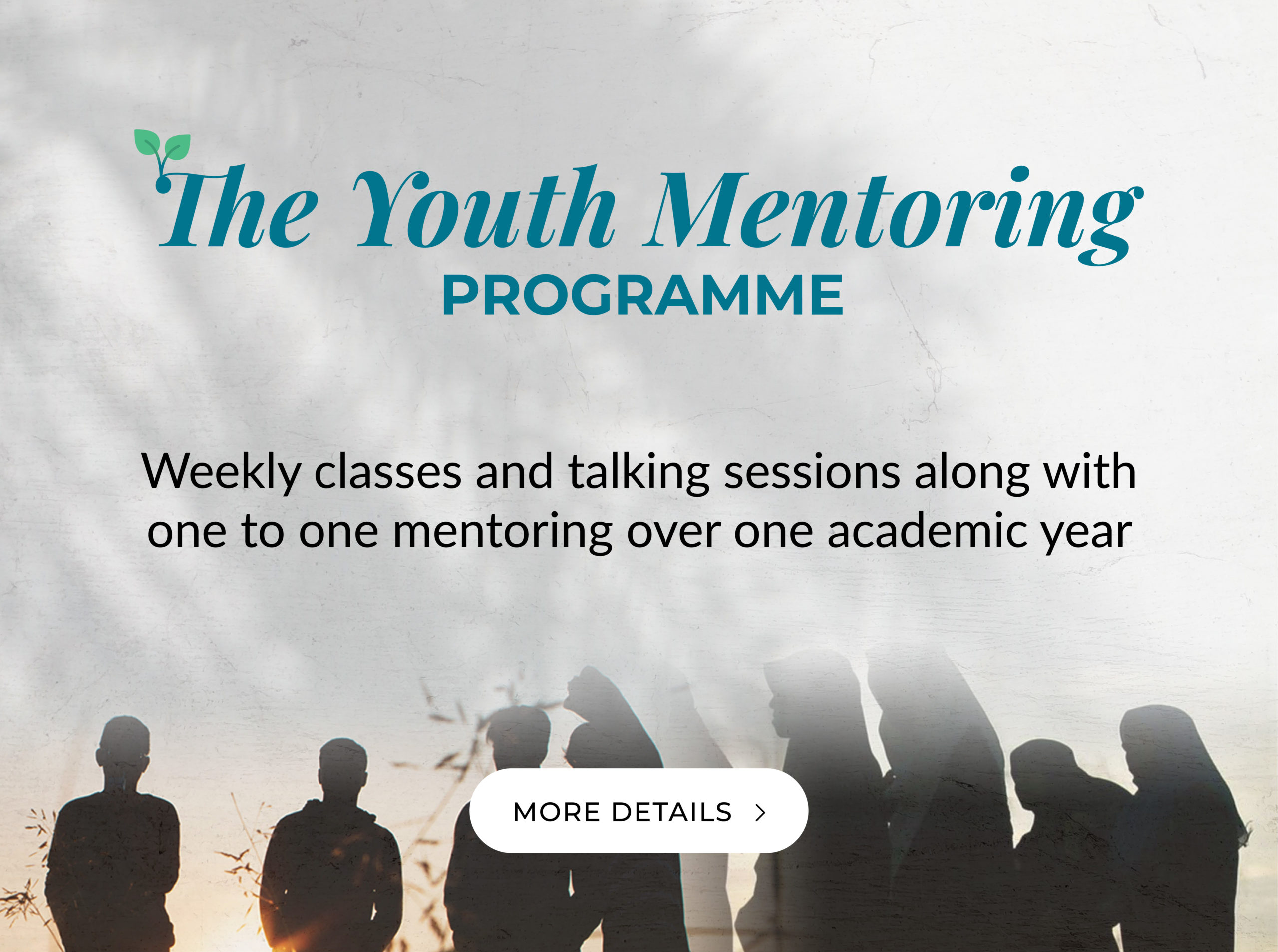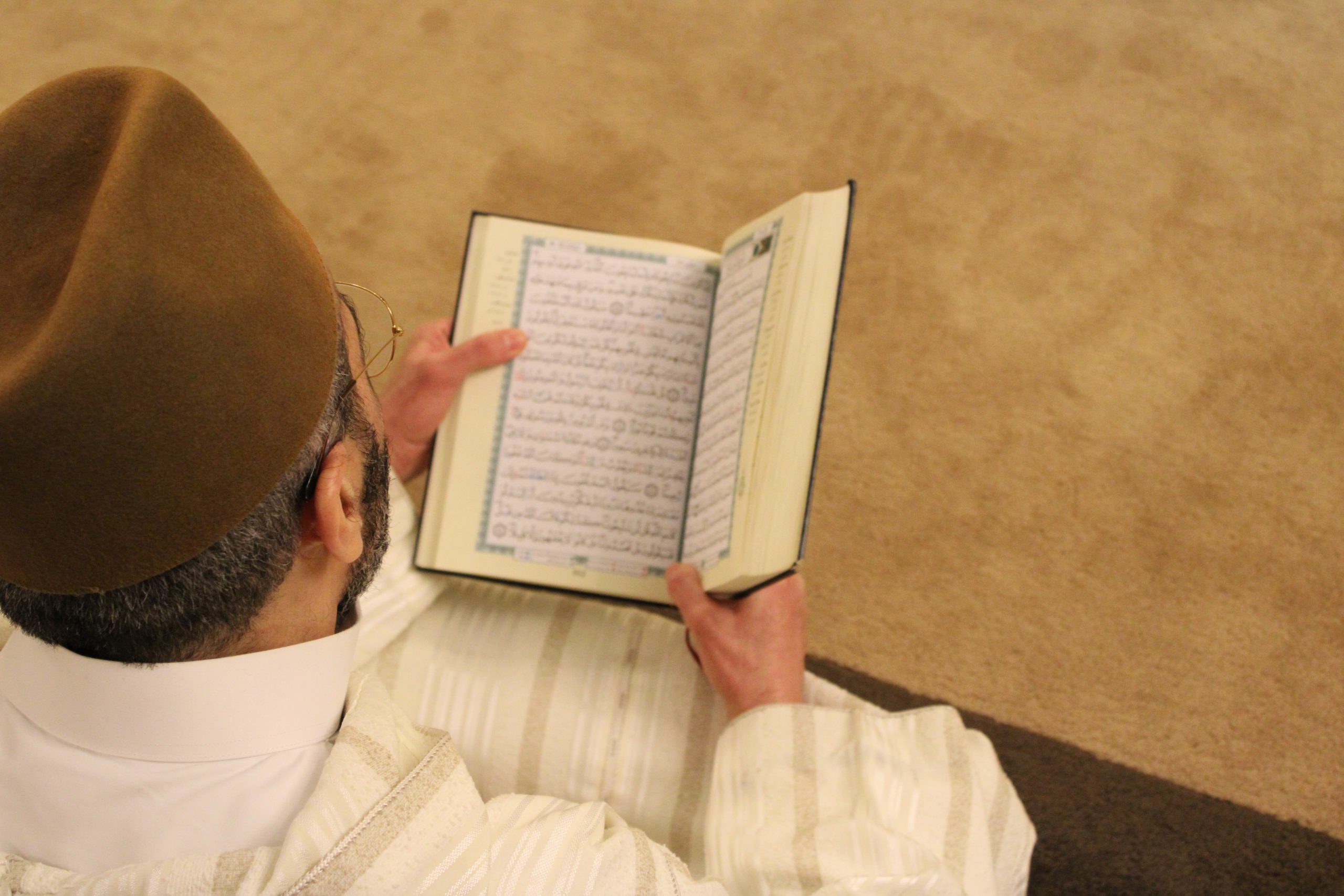by Shams Adduha Muhammad
This article is the first of a series of articles, videos and resources that I am producing to help the Muslim community navigate this sensitive and important issue so that they know what the law says, and understand that they have a major role to play in how Relationships and Sex Education is taught in the schools that their children attend.
1. From September 2020 all primary schools will need to provide Relationships Education and Health Education.
Aspects of this are already in place in many primary schools who opted to include sex and relationships education (SRE) or PHSE in the curriculum when they were not compulsory. This is also true of most schools where Muslim children represent a large portion of the student body.
2. Sex Education continues to be non-compulsory, however, the DfE recommends schools to have a programme in place just as it did for SRE when it was optional. This means many schools will opt to include sex education.
It is Not Just About LGBT
3. RSE and Health education cover a range of issues. It is important to remember that RSE is not just about LGBT education. The Muslim community should recognise the positive aspects of the curriculum – there are many – and acknowledge that much of it is needed in our own community wherein parents, and madrasahs are not appropriately covering most of the things addressed in the curriculum. Many parents who are vocal against RSE are either only focusing on the LGBT aspect, or may feel that they are adequately teaching these things at home, but if we are honest with ourselves, we will have to acknowledge that most parents are not, and children are left with a massive void in their basic education which schools are having to cover. We need to understand the whole of RSE and then proportionately address areas of concern. See appendix below for the full range of outcomes expected in RSE.
Is LGBT Content A Requirement?
4. It is clear that LGBT elements are not included in the letter of the law, however the DfE statutory guidance appears to require schools to include it as part of compliance ‘with the relevant provisions of the Equality Act 2010 under which sexual orientation and gender reassignment are amongst the protected characteristics.’ Whether or not primary schools are legally required to teach the LGBT element remains a matter of disputed interpretation with conflicting information coming from government sources. The DfE guidance seems to clearly state it as a requirement however, Nick Gibb, Minister for School Standards, has said during the Parliamentary Question Period on 25 June 2019, that primary schools are not required to teach LGBT elements.
Furthermore, I have come across Christian groups such as the Values Foundation who are advising parents that ‘Some topics in the DfE statutory guidance go beyond the letter of the law,’ and that ‘There is no obligation for any school to “teach” the Equality Act 2010.’[1]
The DfE statutory guidance seems to obfuscate the line between what schools must do and what schools should do.
How Much Flexibility is There? Can Parents do Anything?
5. Schools have flexibility over how RSE is delivered. The guidance allows schools to differentiate and personalise for pupils based on factors like:
- Age
- Physical and emotional maturity
- Religious backgrounds
- Special educational needs and disabilities.
6. All schools have been instructed to draw up a new policy for relations (and sex) education and they must consult parents when they develop and review it. The requirement to consult parents and have ‘regard to the age and the religious background of pupils’ are enshrined in the letter of law. It is now up to the community and parents to ensure that schools are in full compliance with this.
If Muslim parents do not ensure they participate in the consultation process and they provide informed input, then RSE may be taught to their children in ways that they would not approve. Therefore, policies can vary from school to school dependent upon how effectively parents have communicated their concerns and preferences.
7. Having attended meetings with schools and various local authority officials, I can confidently say that officials and school leaders will, understandably, want to follow DfE guidance and recommendations. They may also have their own preferences that they will want to push through and convince parents to accept. Parents have to know their rights, know what they want within the law, fully understand the school’s policy, and then provide their input. We must understand that there is significant room for discussion and negotiation as I outline further below.
The LGBT Lobby and Conflicting Sides
8. Local authorities and schools are also under pressure from pro LGBT groups such as Stonewall who lobby them very effectively.[2]. Policies will ultimately favour the groups that make the strongest case and apply the most pressure. As a community, we do not want the freedoms and rights of people we disagree with to be affected in any way. However, we need to be wary of the fact that the pressure they apply through lobby efforts can easily result in our own rights being trampled upon, and our inability to clearly make our voice heard can also result in the same outcome. There will be excellent examples of local authorities and schools producing excellent policies that all sides are pleased with but the opposite is also possible. Personal preferences of officials and school leaders will also inevitably play a part in how they draw up policies and implement them. I have encountered views and sentiments from officials and school leaders that I have found to be wholly unacceptable, betraying their lack of understanding of Muslim community sensitivities. Such views, when encountered, must be intelligently challenged. We cannot afford to take anything for granted.
Parents’ Rights
9. Schools are obligated to inform parents of their plans for teaching RSE including providing samples of schemes of work and resources. Parents have a legal right to be informed about what is being taught. Their opinions must be taken into consideration.
10. Remember: UK law protects the right of parents to guide the education of their children as fundamental and protected. This is particularly true of educational content which has a moral character; schools MUST NOT undermine the manner in which parents seek to bring up their children. Schools MUST respect the manner in which parents seek to raise their children in accordance with their own religious or philosophical convictions.
11. There is enough flexibility in the law and in the statutory guidance for Muslim parents to demand that:
- School policies clearly show exactly how pupils’ age and religious backgrounds have been proportionately and sensitively taken into consideration.
- Pictures are not used when teaching about private parts.
- That boys and girls are separate when teaching about private parts.
- That LGBT elements are not taught in primary schools. If they must be taught, then they should be taught at the end of primary education.
- That when LGBT elements are taught, schools comply with the law and ensure that any references to same sex family/relationships etc are carefully scripted so that they are not promoted or normalised before the children but are strictly discussed in the context of equality and tolerance. Furthermore, children are told that their religion may have specific teachings with reference to LGBT that they should discuss with their parents.
- When these elements are taught, parents are informed of how, when, and using what resources these elements are being taught. Furthermore, the communication about this must be effective and not tokenistic.
The above is not an exhaustive list but examples of perfectly reasonable expectations.
If you would like to invite shaykh Shams Adduha to explain the RSE issue and meet the community in your local masjid, please see this post which has details on how to make this happen.
Appendix
What is Covered in RSE
The table below is taken from the DFEstatutory guidance document.
By the end of primary school:
| Families and people who care for me | Pupils should know
|
| Caring friendships | Pupils should know
|
| Respectful relationships | Pupils should know
|
| Online relationships | Pupils should know
|
| Being safe | Pupils should know
|
Footnotes
[1] See https://values.foundation/wp-content/uploads/2019/09/Retaining-Values-in-RSE-for-Schools-1.4-1.pdf, and https://christianconcern.com/comment/what-you-should-know-about-relationships-and-sex-education/
[2] To get an understanding of how LGBT groups such as Stonewall lobby see https://www.stonewall.org.uk/lgbt-inclusive-education-everything-you-need-know







Assalaamu alaikum ww Shaykh Shams.
JazaakAllah khair for all the informations and articles regarding upcoming RelEd in Primary Schools.
Do you have a template with which concerned parents can email their Local MPs/ Cllrs regarding Rel Ed curriculum post Sep. 2020?
I don’t have a template. Template letters are not taken as seriously. Please write a brief note expressing your concerns. The more personal the better. But please keep things to the point and use this article as a guide. Currently, speaking to your child’s school is the main priority. I am working on some more guidance around this with the help of others in the community. With your duas, these will be completed.